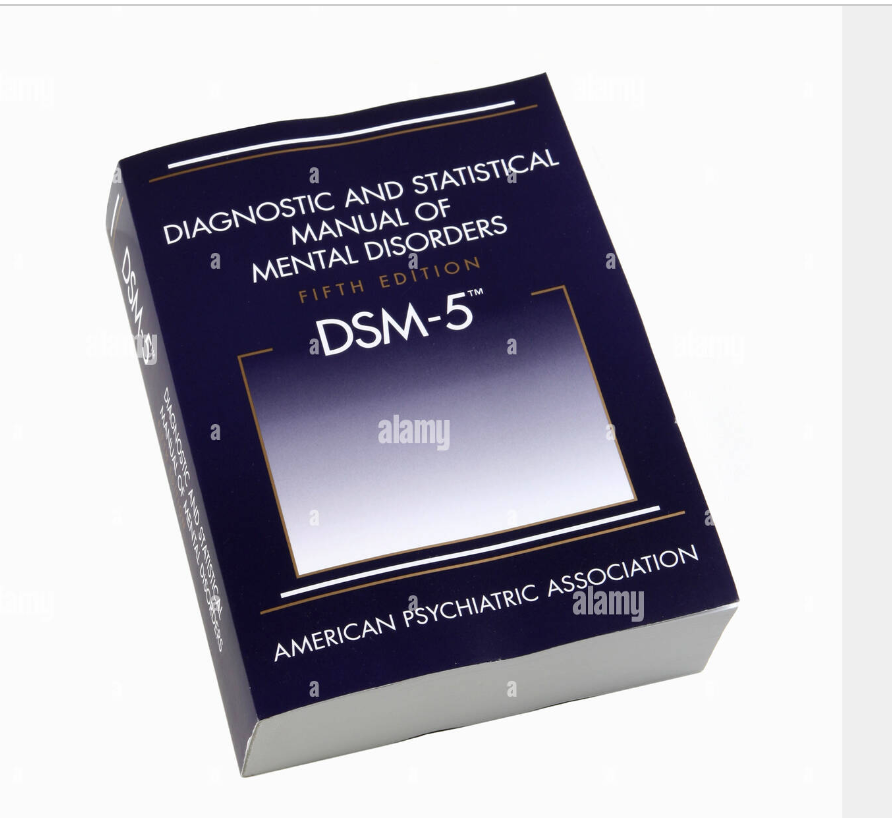Screening of Pregnant Women and New Mothers a Priority
January 26, 2016. CNN reports this morning that if new recommendations by the U.S. Preventive Services Task Force are followed, primary care physicians will do this type of depression screening for all adult patients at least once.
The recommendations by the task force, an independent expert panel, update its 2009 advice in two important ways: First, everyone 18 and older should be screened, the panel said — and not just at clinics where systems are in place to connect at-risk individuals to mental health care. Second, primary care doctors should screen women who are pregnant or have recently given birth, two groups not included in earlier recommendations.
In the case of these new recommendations, primary care doctors include not just family doctors but also gynecologists, who provide many women with primary care, and obstetricians when women are pregnant and in the months following their delivery, said Dr. Michael P. Pignone, professor of medicine at the University of North Carolina School of Medicine and one of the authors of the recommendations, which were published Tuesday in the Journal of the American Medical Association.
“These recommendations are taking something that is good and making it even better,” said Dr. Michael E. Thase, professor of psychiatry at University of Pennsylvania and the Corporal Michael J. Crescenz Veterans Affairs Medical Center in Philadelphia. Thase was not involved in creating the recommendations but wrote an editorial about them in the same issue of the journal. (Note: Michael E. Thase is also the editor of Psychopharmacology Bulletin.)
“They no longer say ‘when support is available’ because they just assume that it’s available. … The care for depression in primary care settings is improving,” Thase said.
As for the second update, “there’s been a big chunk of work in the area of depression in pregnancy and in the postpartum period, and there’s good evidence not just for (antidepressants) but for various kinds of counseling and psychotherapy,” he said.
An estimated 7% of adults in the United States suffer depression every year. As the authors of the task force recommendations wrote, depression is the top cause of disability among adults in high-income countries, increases the risk of death and decreases the quality of life for patients and their family members.
How does screening work?
Many primary care doctors are probably already screening people for depression. “I don’t know if it’s universal yet, but it’s moving in that direction,” Thase said, adding that the current recommendations will probably move screenings along further. In fact, some electronic medical systems require doctors to say they have screened a patient before they can complete the appointment, he added.
A common scenario for screening is that a patient completes a test on paper or electronically while waiting to see the doctor. If the test reveals a patient is at risk of depression, a doctor or nurse does a more thorough evaluation and talks with the patient about whether to start antidepressants or therapy.
Research has found that a nine-question test called the Patient Health Questionnaire does a good job of identifying people who are risk of having depression. In addition to asking about mood, fatigue and concentration, it asks people about their appetite, whether they have been interested in activities and whether they have thought about hurting themselves in the last two weeks.
The task force also recommends a seven-question test as an alternative for screening the general population. Older adults and women during the perinatal period should be screened with variations of these tests.
There is good evidence for the effectiveness of these tests, but they do have flaws.
“You can see exactly what the tests are about, so it’s possible if you don’t wish to be known to be depressed you can answer no to all the questions and your score is zero (but) hopefully it doesn’t happen that often,” Thase said.
Another issue is that the tests often identify people who have other disorders such as alcoholism or obsessive compulsive disorder. In the case of the nine-question test, about half of the people who are initially picked up actually have something other than depression.
“There the screening is still valuable because it does show a distress signal … and by clarifying how they’re suffering they can get help,” Thase said.
As for how often people should be screened, the task force was careful not to make any recommendations. “This is one of those issues that we called out as needing more research,” Pignone said.
Although every adult patient should be screened at least once, groups at higher risk of depression, such as those with a history of depression or a chronic condition such as diabetes, should possibly be screened more often, Thase wrote in his editorial.
Another important point is that “people identified as having depression will need follow-up to make sure they’re effectively treated and their depression resolves,” Pignone said.
Does screening really help?
Part of the reason for the move to recommend screening in the general population is because, as the task force states, “(depression care) support is now much more widely available and accepted as part of mental health care.”
“We believe that all practices should have adequate systems in place to screen, treat and follow up on depression,” Pignone said. Although there is no monitoring to know if they really do, “I think compared to 15 years ago, more primary care practices are equipped to do this work,” he added.
The most important thing is for primary care doctors to be trained in how to identify people with depression and then either treat them, such as with antidepressants, or refer them to a mental health care provider, Pignone said.
There is good evidence that screening does lead to robust improvements in depressive symptoms when the right care systems are in place, and that there are even improvements when the care systems are lacking, he said.
The ideal situation would be for these mental health care providers, such as therapists, to be part of the primary care practice “so they can work side by side with the physical health care provider to address the mental health needs of the patient,” said Ellen L. Poleshuck, associate professor of psychiatry and obstetrics and gynecology at the University of Rochester Medical Center.
“The recommendations provide support as to why we need to have additional resources in place” in areas that do not have adequate resources, said Poleshuck, who is also director of the Collaborative Care Services and Women’s Behavioral Health Service at the medical center.
However, she does not think these areas should hold off on screening in the meantime. “People are going to be depressed whether we screen them or not,” Poleshuck said.
Screening pregnant women and new moms
Poleshuck added, “One of the things that I think is exciting about these new recommendations is the decision to specify that it includes pregnant and postpartum women because we know that untreated depression in (these) women can affect the baby as well as the mother.”
Research has linked depression during pregnancy and postpartum with preterm birth and low birth weight, mood problems and developmental delays in the infant, among other complications.
The task force provides advice about treatment of these women. Because there are still questions surrounding the safety of antidepressants for fetuses and breast-feeding babies, they recommend that clinicians first try treating women with therapy, such as cognitive behavioral therapy.
“For the most part I agree with that,” Poleshuck said. “I think for women with severe depression or a history of responding well to antidepressants in the past, we may want to consider treating with antidepressants earlier. I think it has to be a patient specific decision.”
The current task force report agrees with that of the American Academy of Family Physicians in recommending screening all adults for depression. The American Congress of Obstetricians and Gynecologists and the American Academy of Pediatrics recommend screening women during the perinatal period.






Leave A Comment